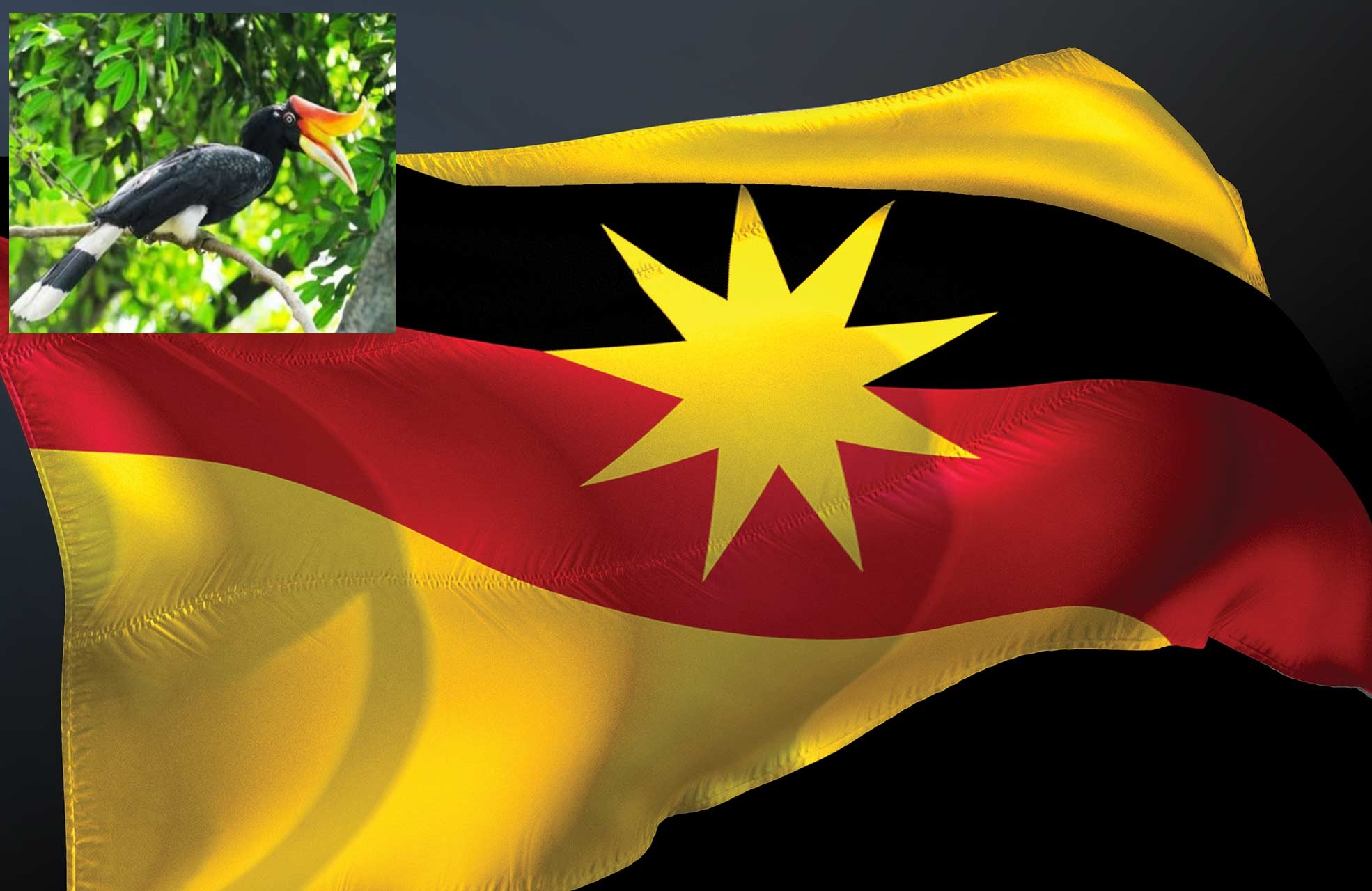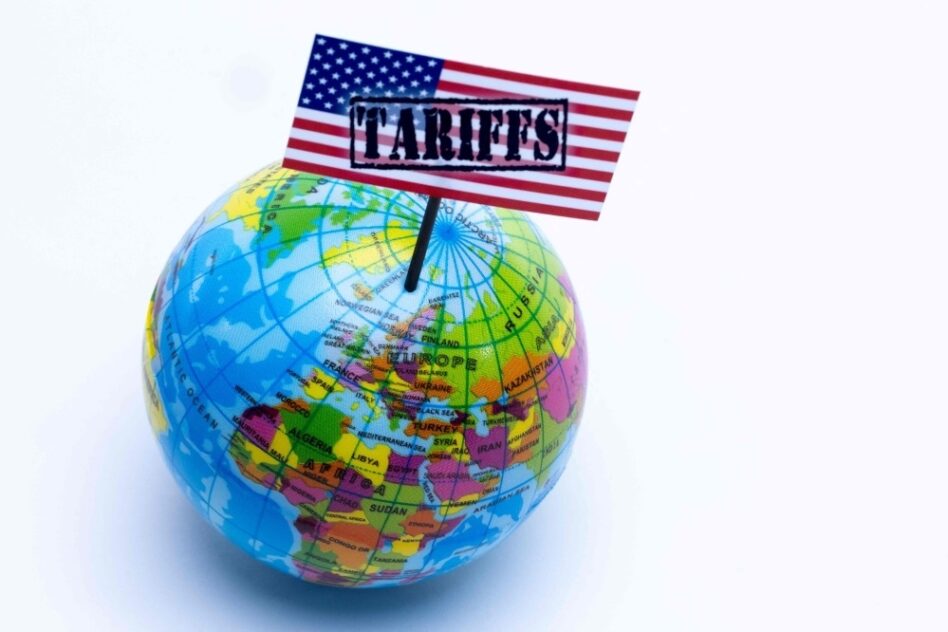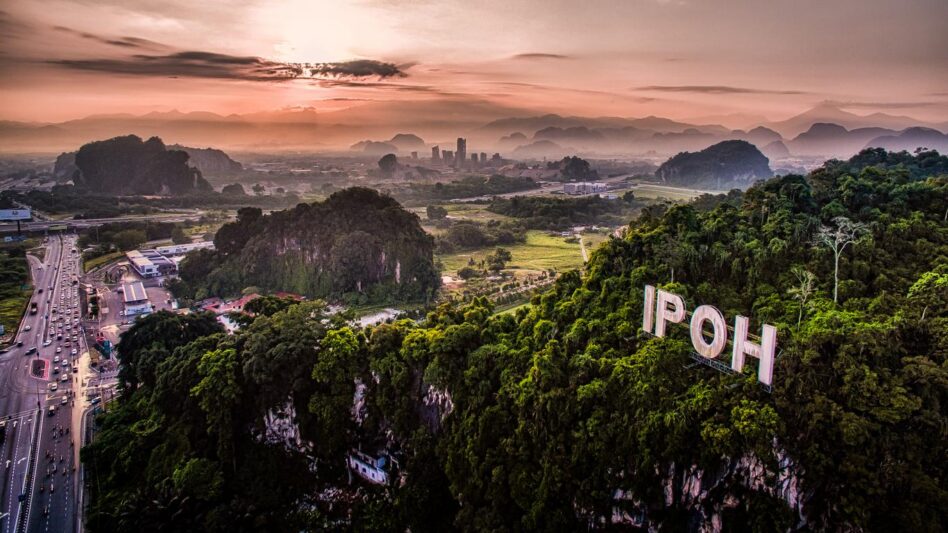Letter to editor
LATELY, there has been a lot of talk about Sarawak’s premier and the state of Sarawak becoming a state that fellow Malaysians in the Peninsular have to emulate.
The outspoken Tan Sri Abang Johari Openg has also come out strongly against certain individuals and political groups – including a cake house – that tried to belittle religious minorities when others rather stayed clear of the political imbroglio.
One wonders apart from the state election to be held latest by April 15, 2027 which is still a long way to go, what other reasons could there be to explain why Sarawak is rising like the Hornbill (ala the fabled Phoenix) from the East.
Is Sarawak the beacon of light for all Malaysians to emulate the spirit of “Malaysian-ness” that they are exhibiting?
Sarawak is where ethnic and cultural diversity truly prevails not only as a slogan but in practical life of its people.
While some in West Malaysia consider it a taboo to be seen entering a non-halal restaurant, Muslims in Sarawak have no qualms sitting with the non-Muslims in a non-halal coffee shop, sipping away a cup of kopi-O for breakfast.
This is the spirit of the hornbill that West Malaysians can never understand. But why are Sarawakians different?
Some possible explanations
Having observed the lifestyle of Sarawakians, one of the chief reasons why Sarawak has been able to maintain its ethnic harmony is because for many years they have resisted the politics of race and religion which they consider a thing of “West Malaysia”.
When UMNO from West Malaysia tried to enter Sarawak, its then chief minister (now Governor) Tun Taib Mahmud resisted strongly against such move. According to sources, a Cyberjaya-based mediator had to pacify Taib to which he later agreed to let the dust settle.
For this reason, Sarawakians have been virtually left untouched by the politics of division and hatred for many years.
Another observation: Sarawakians place great emphasis on blood ties. Siblings converted to another religion are not automatically cut off. Likewise, they do not view festive seasons from the lenses of their newfound religion. Rather they still treasure family gatherings like what they used to be.
A third reason: Because of the existence of religious harmony in the state, Sarawakians have no qualms having Muslim leaders ever since its own independence from the British despite the Sarawak being the largest Christian state in Malaysia.
Politicians in Sarawak do not have to play up race sentiments and religious issues to win votes unlike their West Malaysia counterparts who have often used May 13 as the bogeyman. The article, Remembering May 13 and What It Was Not is a reminder that the May 13, 1969 riots were more political in nature between the winners and losers in the country’s third general election.
It is public knowledge that the late Tunku Abdul Rahman, Malaysia’s first premier, had often lamented at a particular Malay leader whom he said “would destroy the country if he became the prime minister (PM)”.
The Tunku and his generation of leaders are what we still see in our Sarawakian brothers and sisters.
Sarawak hornbill will rise
For this reason, it is easy to believe that the Sarawak hornbill will soar high into the sky in the next two decades. The silver lining is in the cloud for Sarawakians, especially its construction industry players, as Indonesia’s next capital will be located in Kalimantan.
The policies are based on what the people want: peace and unity, religious and racial harmony, and a good education for the younger generation. For this reason, this writer envies Sarawakians when reading about their state government policies.
Abang Johari recently made a statement that the current emphasis is on mastering both English and Mandarin. This policy alone will open nearly three-quarter of the world to Sarawakians in terms of employment and trade opportunities. Only in Sarawak, do we see English and Bahasa Malaysia made official languages.
With this latest development, the state’s Deputy Minister I (Education, Innovation and Talent Development) Datuk Dr Annuar Rapaee claimed that giving recognition to Chinese Independent Schools (CIS) will provide a pathway for ethnic Chinese in Sarawak to join the civil service, hence creating a healthy mix of ethnicities in government offices.
The Nangka state assemblyman further quantified that CIS is capable of contributing “to the development and betterment of Sarawak for the future generation”. An allocation for deserving CIS has been given on an annual incremental basis.
At the same time, Sarawakians are not left out on gaining an international education. To make it affordable, the state government is investing in building five international schools in the near future.
The first of such schools has been established in Petra Jaya in Kuching. It will soon be joined by two other schools – one at Mile 12 of Jalan Kuching-Serian and a third school in Sibu – within just the next two years.
Bintulu and Miri as well as other major towns will also have their own international schools. The state government has seen how China – once a backward nation – progressed within the last 30 years after its citizens are able build a good command of the English language which holds the key to the vast knowledge in science, technology and artificial intelligence (AI).
For this reason, we can expect more Sarawakians to become important global players recognised by the world. May the Hornbill rise and soar high! – Jan 4, 2024
Stephen Ng
Kuala Lumpur
The views expressed are solely of the author and do not necessarily reflect those of Focus Malaysia.









